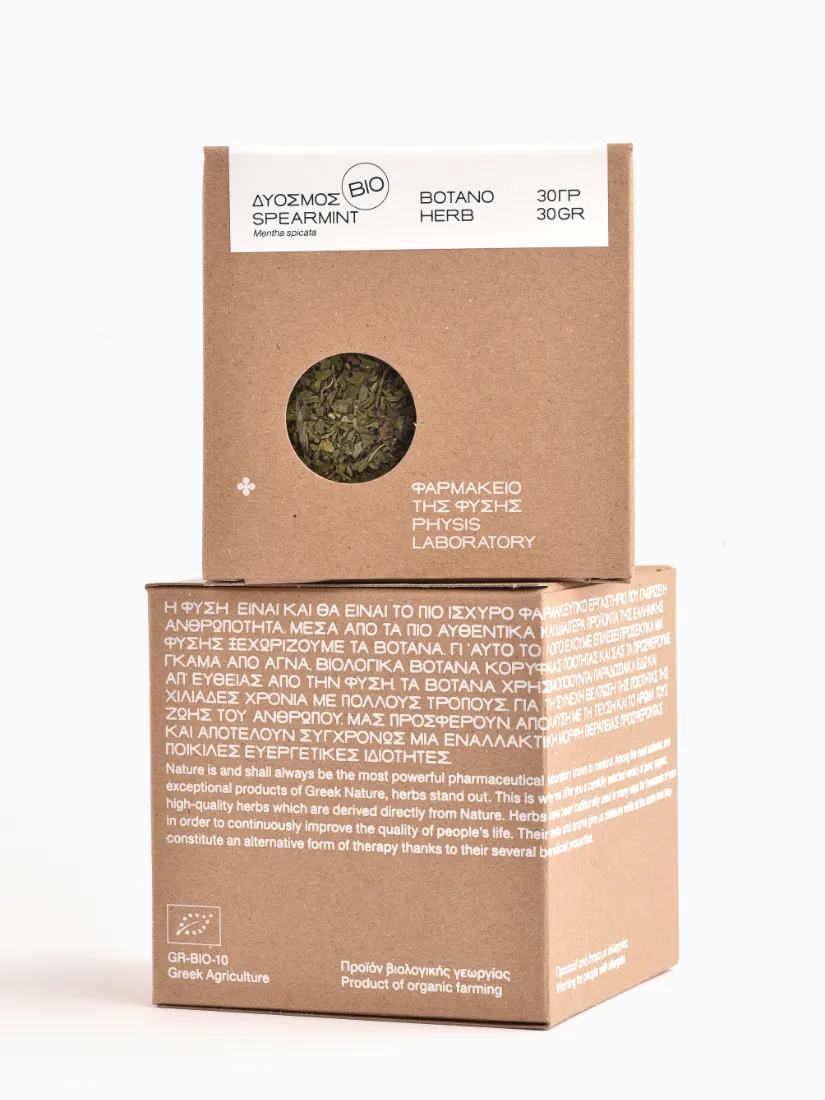Rita I., Pereira C., Barros L., Santos-Buelga C. & Ferreira I.C., (2016). Mentha
spicata L. infusions as sources of antioxidant phenolic compounds: emerging
reserve lots with special harvest requirements. Food & Function, 7(10):4188-
4192. https://doi.org/10.1039/c6fo00841k
2. Connelly A.E., Tucker A.J., Tulk H., Catapang M., Chapman L., Sheikh N.,
Yurchenko S., Fletcher R., Kott L.S., Duncan A.M. & Wright A.J., (2014). High-
rosmarinic acid spearmint tea in the management of knee osteoarthritis
symptoms. Journal of Medicinal Food, 17(12): 1361-1367.
https://doi.org/10.1089/jmf.2013.0189
3. Mahendran G., Verma S.K. & Rahman L.U., (2021). The traditional uses,
phytochemistry and pharmacology of spearmint (Mentha spicata L.): A
review. Journal of Ethnopharmacology, 278: 114266.
https://doi.org/10.1016/j.jep.2021.114266
4. Ashkar F., Rezaei S., Salahshoornezhad S., Vahid F., Gholamalizadeh M., Dahka
S.M. & Doaei S., (2020). The Role of medicinal herbs in treatment of insulin
resistance in patients with Polycystic Ovary Syndrome: A literature review.
Biomolecular Concepts, 11(1): 57-75. https://doi.org/10.1515/bmc-2020-
0005
5. Akdoğan M., Tamer M.N., Cüre E., Cüre M.C., Köroğlu B.K. & Delibaş N. Effect
of spearmint (Mentha spicata Labiatae) teas on androgen levels in women
with hirsutism. Phytotherapy Research, 21(5): 444-
447. https://doi.org/10.1002/ptr.2074
6. Grant P.n (2010). Spearmint herbal tea has significant anti-androgen effects
in polycystic ovarian syndrome. A randomized controlled trial. Phytotherapy
Research, 24(2): 186-188. https://doi.org/10.1002/ptr.2900

